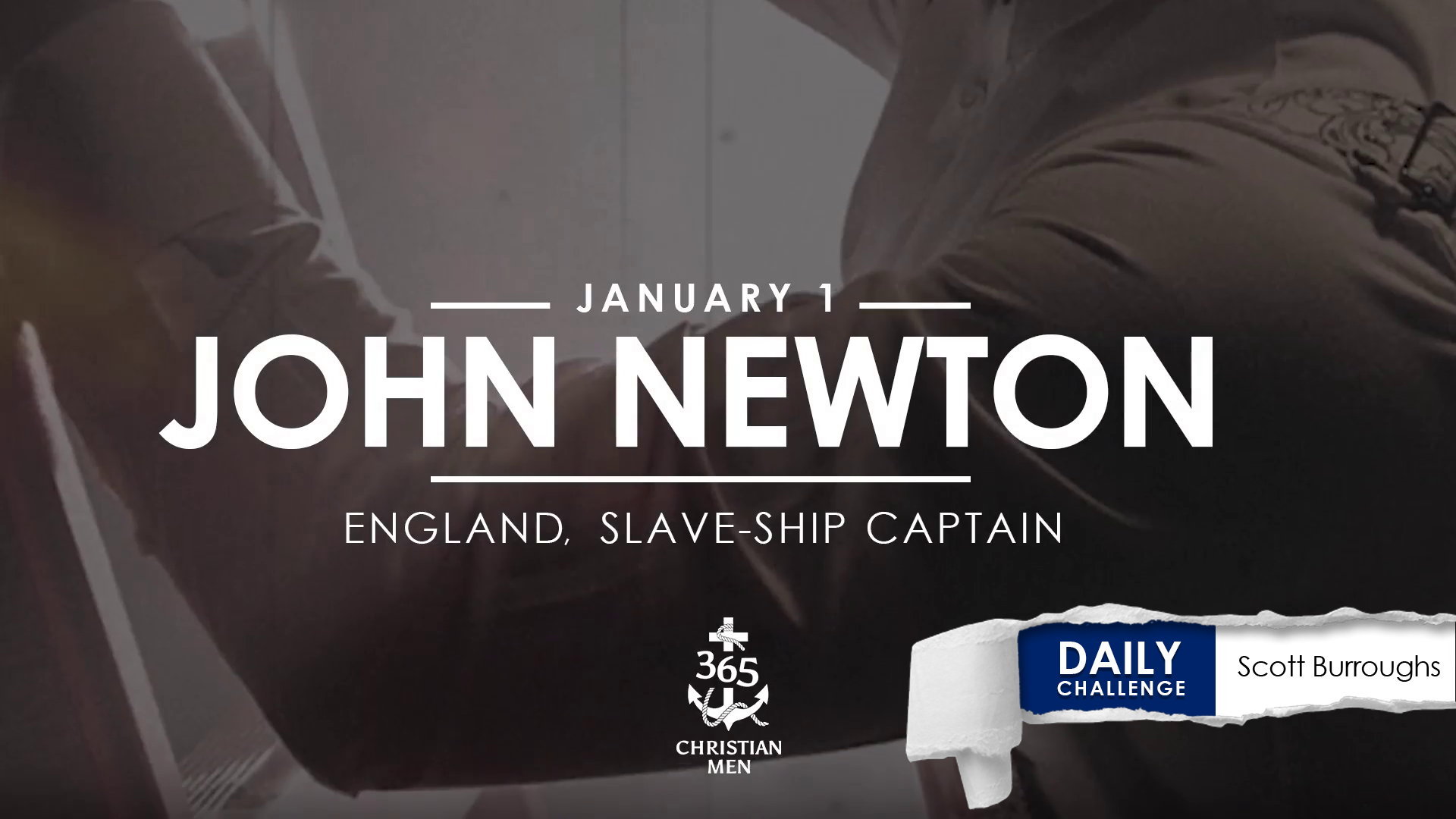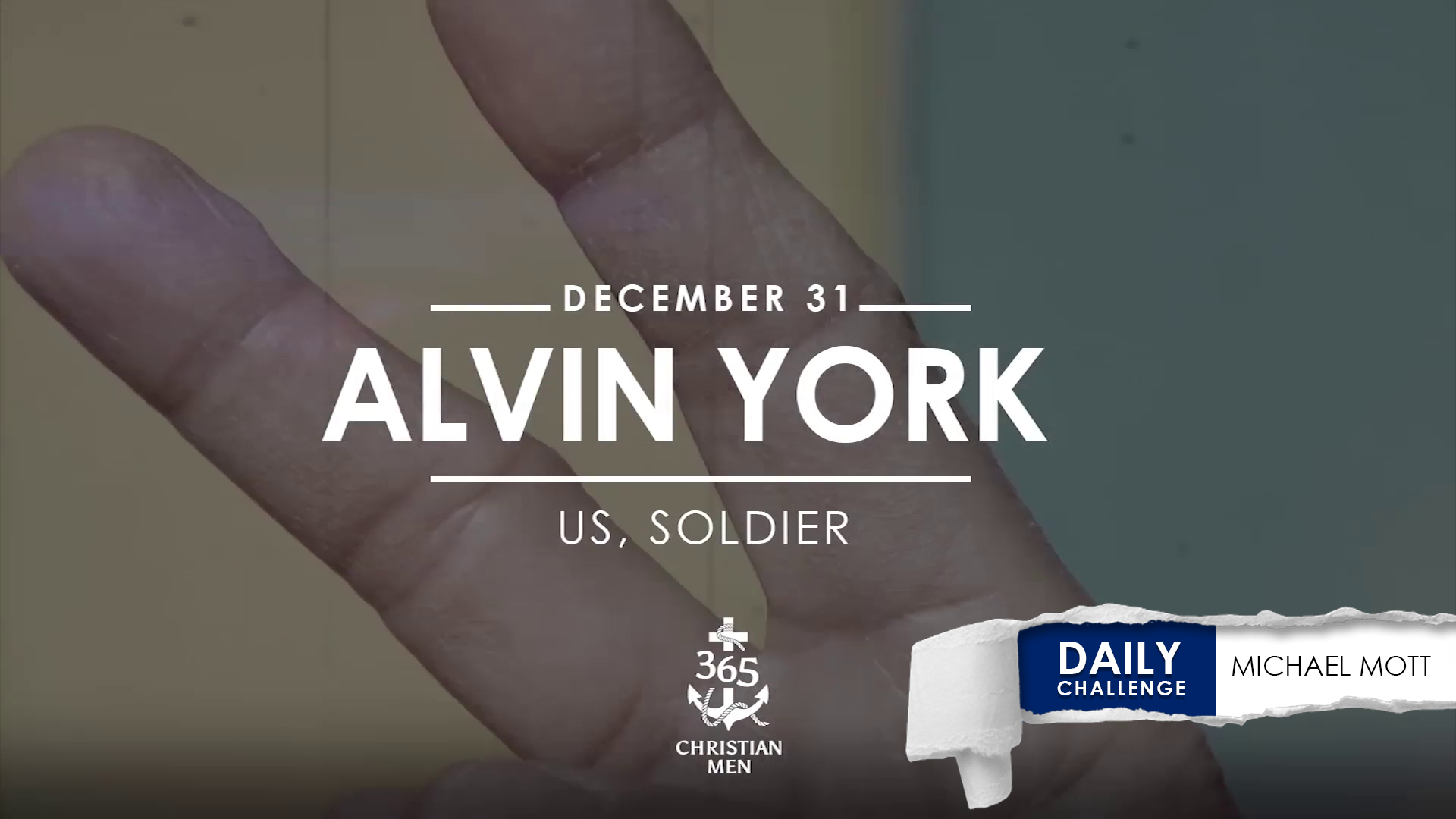January 5. David Murrow. Murrow has been a television producer, and in 2002, he produced Sarah Palin’s first TV commercial.
He’s been in government. In 2009, he announced the incoming governor of Alaska as Sarah Palin stepped down. He’s never been a pastor, but he is driven to find a way to make men comfortable in church, and—to that end—he started “Church for Men.”
Murrow has also authored three best-selling Christian books—and one of them is about a treasure map. Today’s story is about Murrow’s hunt for that treasure.
God’s love for a man is often a great mystery until he finds the true treasure.
More than anything, Murrow was on the lookout for new ways to give men a church where their gifts and skills were used, and they felt comfortable. But when he first heard about a real-life treasure map that could help men connect with Jesus, Murrow was skeptical—at best.
But mysterious messages, a free trip to Greece, and more questions than answers drew him into the hunt.
When the clues were added up, it turned out that if Murrow wanted to find the treasure map, he would have to go to Greece and talk with an old monk. So he did.
On his third day in Greece, at the Monastery, Murrow still didn’t know where this treasure hunt was headed. But as planned, he and a priest-friend met the old monk. The monk claimed he could help Murrow find the treasure, and for Murrow, the treasure was how to do church so that men would get it and feel accepted.
Eventually, the monk directed his new guests to his car. To Murrow’s way of thinking, the old Greek monk behaved a little individually.
In the monk’s car, the three men rode through the countryside and talked about Greece, but suddenly the monk swerved off the main road, bumped onto a tiny trail, and slammed the car into park. “Be quiet,” he whispered.
A black Mercedes had been following them. There it was. In the monk’s car, the men lay low until the Mercedes passed.
After a few minutes, they started up again, but the engine died. Out of gas.
Insistent, the monk stayed with the car, gave Murrow and his friend a note in Greek, and sent them on foot to find some gas.
For thirty minutes, they hiked and finally found a farm, where they met an old farmer—who did not speak English. Even so, Murrow and his friend successfully traded the note for a plastic jug of gasoline.
They hiked across the uneven ground back to the car. Hot and thirsty and tired.
But the car and the monk were gone.
Murrow and his friend searched the entire area. But no monk. No car. And it was getting dark.
Now, frustrated and a little scared, at least for the monk, the men needed a safe place to sleep. So they hiked back toward the farm.
But when a pair of bright headlights barreled at them—the same black Mercedes—Murrow grabbed the priest, and they dove into some very scratchy bushes. Quietly, they crawled, inching along the roadside under cover of weeds until they thought it was safe to stand and double-time it back to the farm.
Finally, the non-English-speaking farmer welcomed them again, fed them, and let them bed down in the rat-infested barn.
Swamped by the odor of manure, Murrow wished he were anywhere else. Except—of course—in the sinister black Mercedes.
Come morning, the two men set out for the monastery, and they didn’t look forward to having to report that the poor old monk and his dead car had disappeared.
About then, drivers of a horse-drawn cart pulled up and offered to help Murrow and his friend. So they hopped in the back among the hay bales. But only minutes later, the same black car appeared and forced the cart to stop.
Murrow found it hard to breathe. He and the priest buried themselves in the hay, but the two men from the Mercedes dug them out. Said the monk had sent them.
But the monk had disappeared. Was he even alive?
Wary, Murrow politely declined the offered ride. They would travel back the hard way, thank you very much. And they did.
Finally, dragging themselves into the monastery, Murrow found the monk—alive and well. And when the old man asked Murrow to recount the events of the night before, Murrow obliged.
Fetched gas and hiked back. Monk had disappeared. Hid in ditch. Back to farm. Slept with rats. Rode in hay cart. Discovered by Mercedes guys. Dragged themselves back to the monastery—to find the monk was perfectly fine.
With patience, the monk revealed that the whole adventure had been an object lesson about how men learn. How they engage.
He told Murrow that in America, everything is at the fingertips. ‘“In the West, you think that study is the key to discipleship. You listen to sermons. You gather in circles and read the bible. Words go into your brain and are supposed to change your heart. Sometimes this works—but mostly it fails, especially with men.”’
In the previous night, Murrow had been stripped of protection and communication and safety. Everything had been out of his control. The monk asked Murrow if it sounded like anyone he knew.
Murrow drew a blank, so the monk explained.
“He left his throne in heaven and became utterly powerless,” the old monk said. ‘“He was born in a barn and slept in hay. Men tried to kill him, but he fled to Egypt.”’
That old monk was a very good teacher.
“Again, the kingdom of heaven is like a merchant looking for fine pearls. When he found one of great value, he went away and sold everything he had and bought it” (Matthew 13:45–46 NIV).
What kind of treasure are you hunting for? God’s love for a man is often a great mystery until he finds the true treasure.
Murrow, David. The Map. Nashville: Thomas Nelson, 2010, pp. 40–72.
Murrow, David. CHURCH FOR MEN: Calling the Church Back to Men. Accessed August 26, 2020. https://churchformen.com/.
Would You Like to Learn More About This Man?
To read the rest of the treasure hunt, see Murrow’s book: The Map by Thomas Nelson Publishers, 2010.
Story written by: Abigail Schultz, https://www.instagram.com/abigail_faith65/














